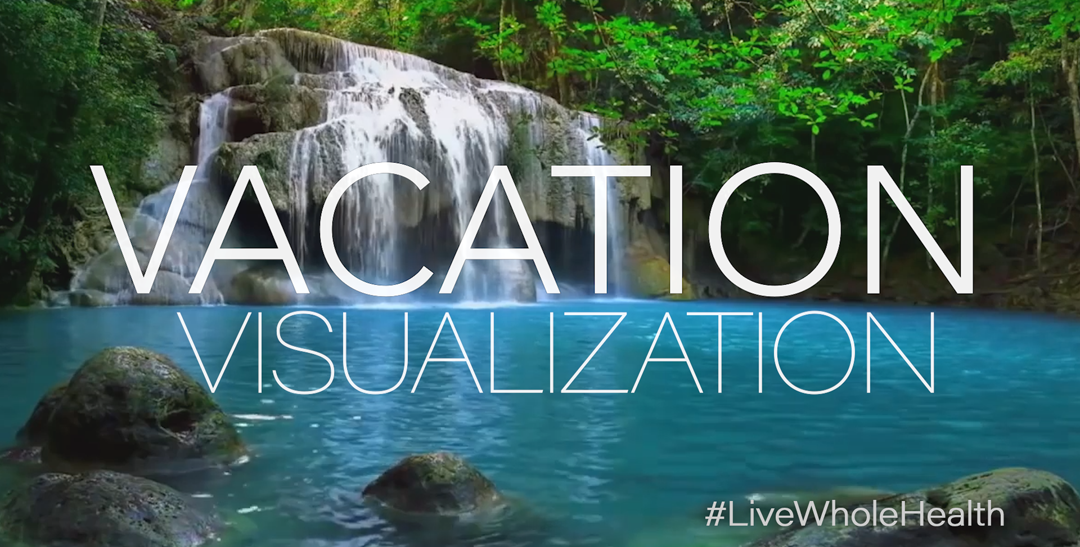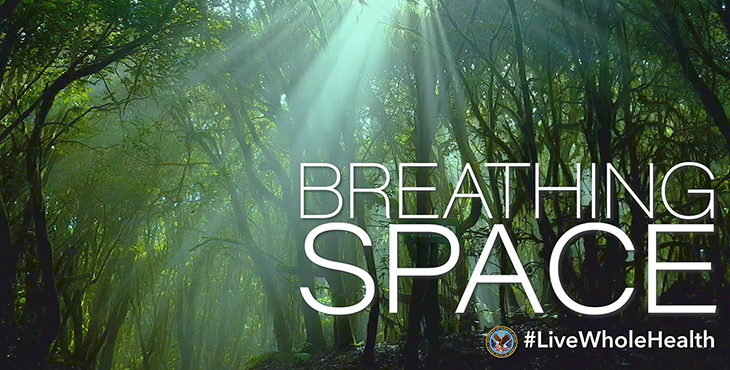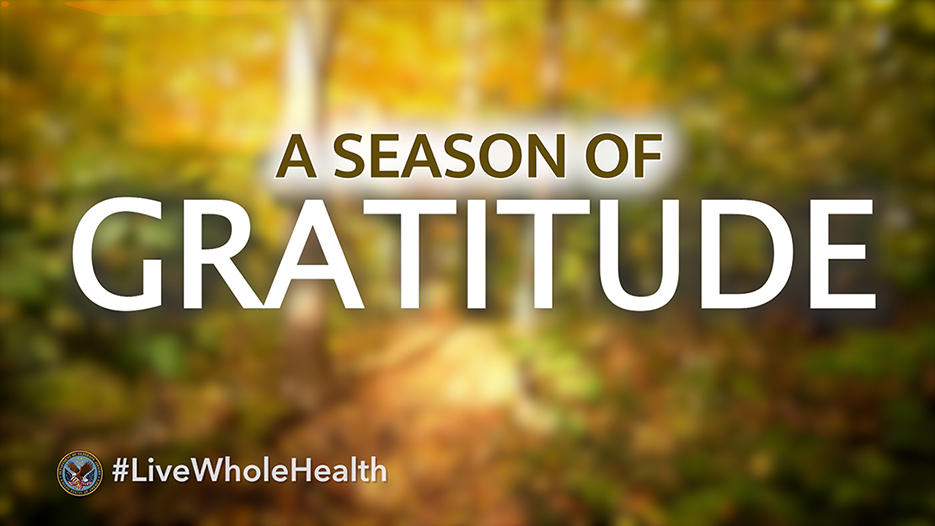Visualization—imagining yourself in a specific situation—has a long history of helping people both prepare for challenges and recover from them. Michael Phelps, the most decorated Olympian of all time, said visualization was one of the techniques that helped him win 28 medals. Before each race, he imagined every aspect of the experience—the sights, the sounds, the smells, the feel of the water, all possible scenarios—and visualized himself touching the wall first.
Visualization is also part of military training. Mission planning, dry runs, or “dirt dives” include picturing every phase of an upcoming mission so there’s a planned response to any situation. And after a study of 2,432 Army recruits across 48 platoons showed the benefit of practicing mental skills including imagery, a condensed version of the training—called Comprehensive Soldier and Family Fitness, or CSF2—is now provided to every recruit.
Research shows that these visualization techniques lead to physical changes in our brain and muscles. A study at Emory University in 2013 showed that just thinking about an activity (such as running) activates the motor neurons associated with that activity. Other studies have gone a step further and shown that visualizing yourself exercising can lead to actual muscle gains! (Not as much as actual exercising, though; don’t get too excited).
“Almost everything will work again if you unplug it for a few minutes, including you.” Anne Lamott
But visualization isn’t just about better performance; it’s also about recovery. It can help us manage stress and anxiety by unplugging from our surroundings for a little while. What if instead of visualizing sports or physical activity you focus on a beach vacation? Instead of imagining and planning for problems, take a moment to experience the view of a coastline at sunset, the smell of the saltwater, the sound of the waves and seagulls, the feel of the sun and a cool breeze on your skin and sand underneath your feet.
No matter where you are or what situation you’re in, you can be somewhere else for at least a few minutes. You can put down anything you’re carrying and spend some time at your favorite place in the world, wherever that may be. Your brain and your body will thank you.
Join Dr. Gaudet on this 7-minute, mini, mental vacation:
More resources
Each of us has the power to impact our well-being. Whole Health offers the skills and support you need to make the changes you want. The Circle of Health can get you started with self-care resources to live a happier life.
SUPPORT FOR CAREGIVERS: Are you a caregiver of a Veteran? As a family caregiver you play an important role in caring for the Veteran at home and in the community. Check out the Caregiver Support website for additional resources specifically for you: https://www.caregiver.va.gov/index.asp
Marc Castellani, Ph.D., NBC-HWC, is the Whole Health Clinical Education Coordinator for the VHA Office of Patient Centered Care and Cultural Transformation
Topics in this story
More Stories
Rumi’s "The Guest House" invites us to welcome each emotion as a teacher, even the unexpected ones. Listen and reflect for this week's #LiveWholeHealth practice.
Your breath is the most loyal friend you've always had. Connect, calm and heal with mindful breathing in this week's #LiveWholeHealth practice.
Gratitude is a light that shines through life’s ups and downs. Embrace gratitude this holiday season in just five minutes for this week's #LiveWholeHealth practice.






